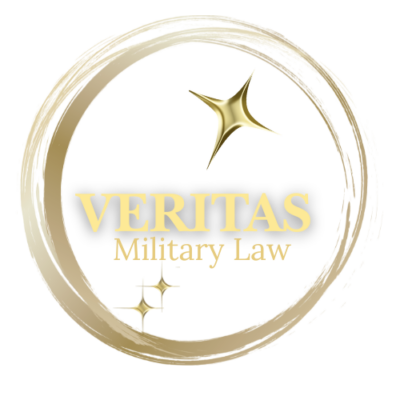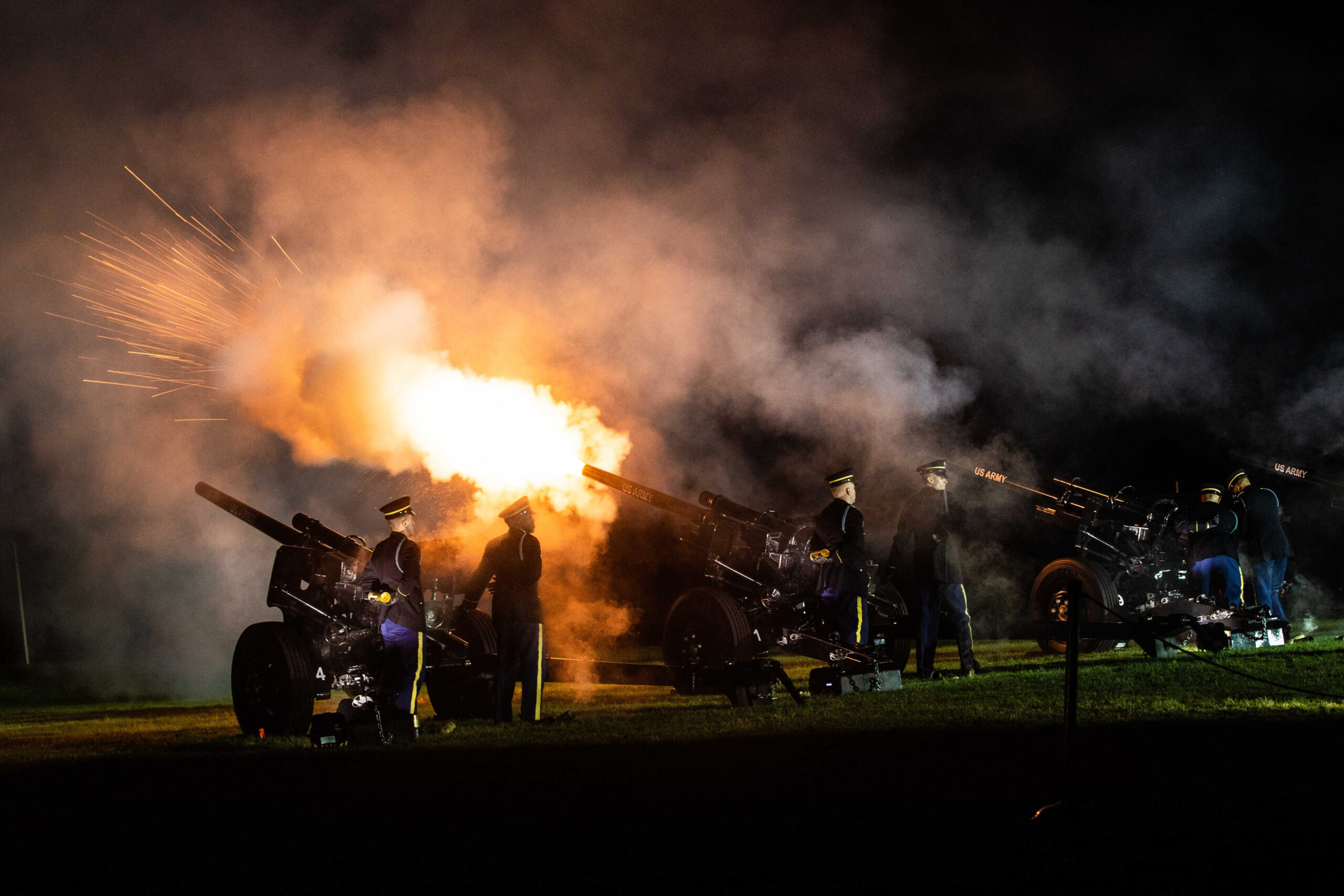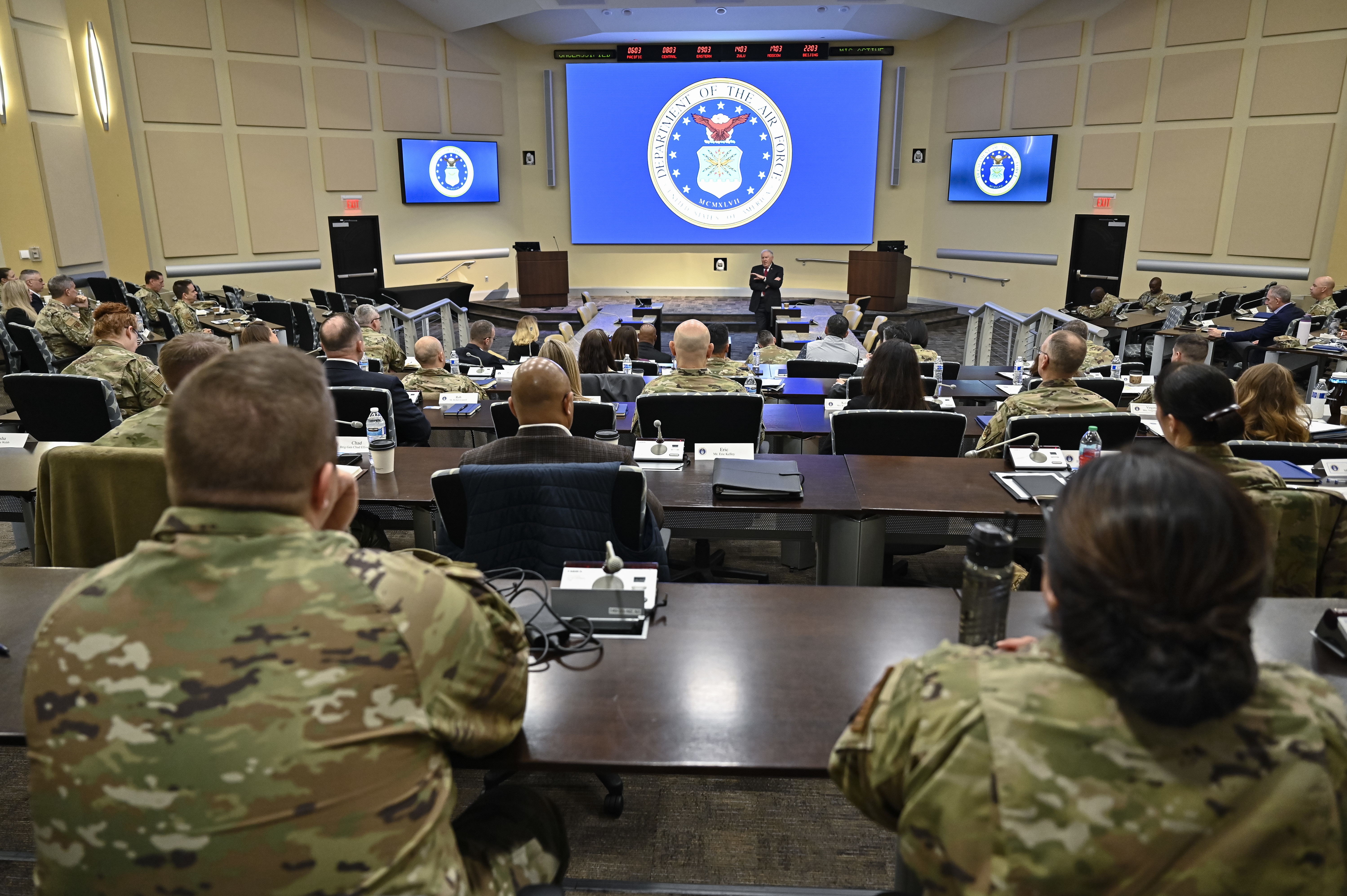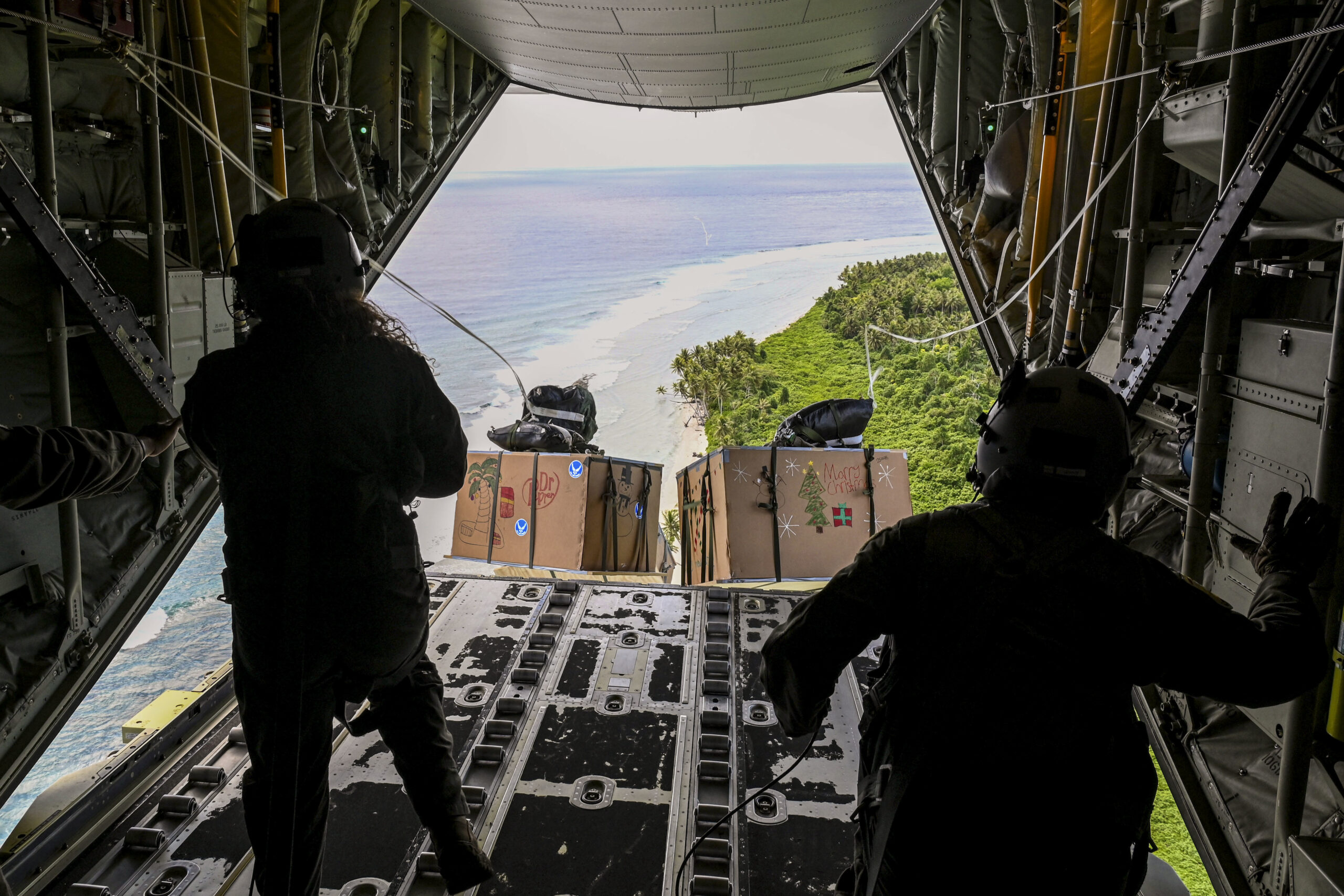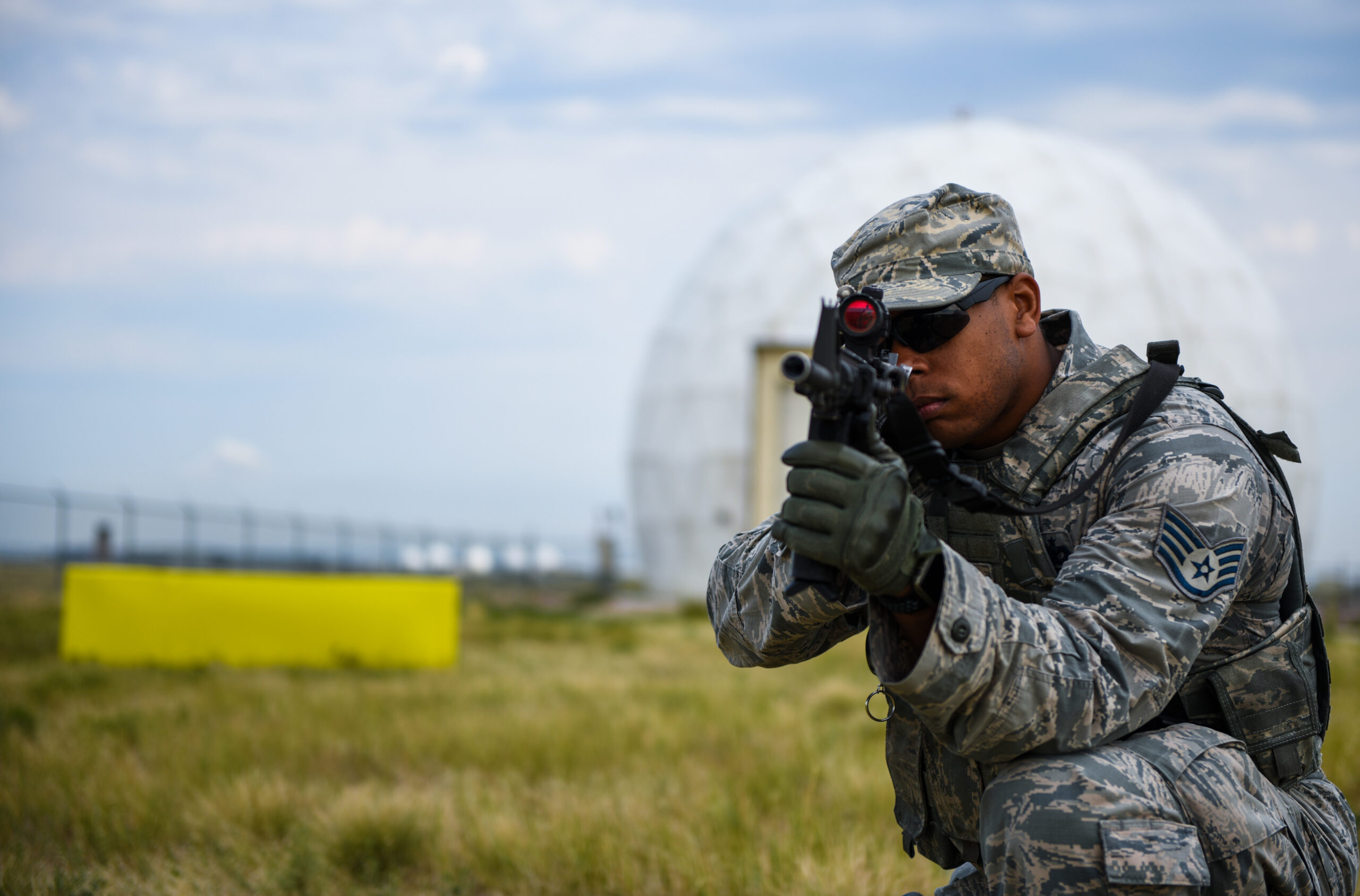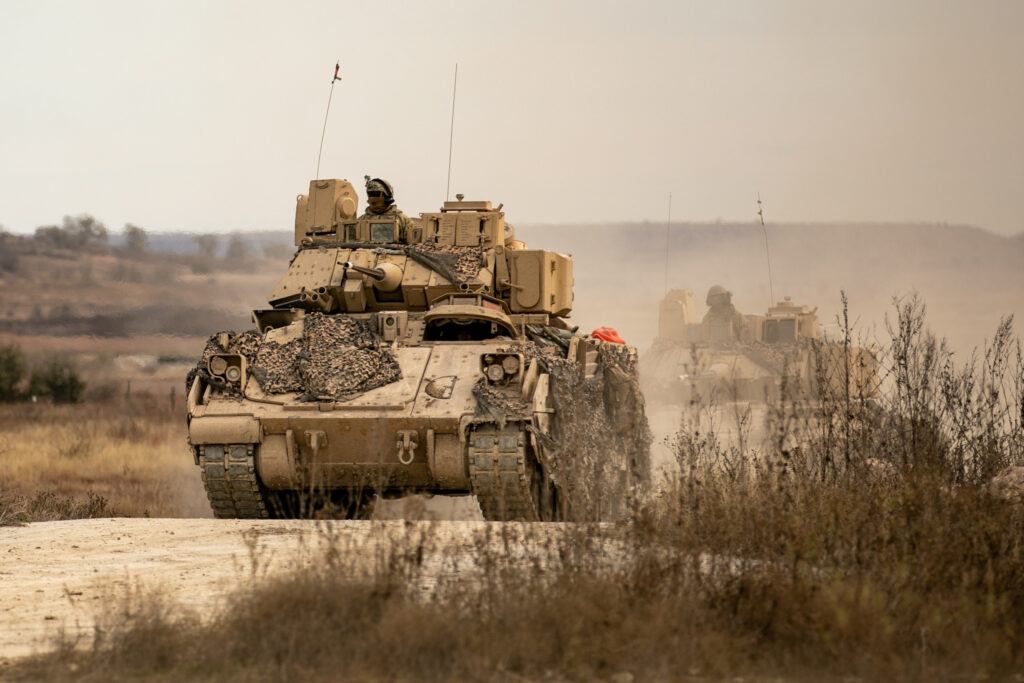You or someone you love facing a court-martial for allegations of misconduct? Veritas Military Law can provide you with the best possible defense.
Joshua Tolin is the only civilian defense counsel available for hire who has served both as an Air Force Senior Defense Counsel and certified Special Trial Counsel. Senior Defense Counsel are senior, experienced defense counsel focusing on complex general courts-martial and senior officer allegations, while supervising local, junior defense counsel. Special Trial Counsel are senior, experienced prosecutors focusing on the allegations of the most sensitive nature.
Sample Court-Martial Successes
The Court-Martial Process
The court-martial process is long; it can takes months and even years to complete. The process usually starts with an investigation by either local law enforcement, a military investigative agency (Air Force Office of Special Investigations (OS), Army Criminal Investigations Division (CID), Navy Criminal Investigative Service (NCIS), or lower level investigators), or both.
Following a completed investigation, the suspected criminal (you or your loved one) is then subjected to the will of the lowest level commander with the advice of their judge advocate (JAG). If the allegations include a covered offense (rape, sexual assault, etc.), then it’s not the commander that decides, but the Office of Special Trial Counsel (OSTC).
Initial action after an investigation can range widely from no action, to lower-level administrative action, administrative discharge from the military, Non-judicial punishment under Article 15, UCMJ, or preferral of court-martial charges.
If court-martial charges are preferred, then it’s up to the convening authorities (with the advice of their JAGs) as to what should happen next. A preferred case can always be dismissed, or if the alleged crime is lower-level, the convensnig authority may refer the charge to a special court-martial. (A convening authority can technically refer a charge to a summary court-martial, but that usually only happens as a part of plea negotions and not at the outset.) A guilty verdict at a summary court-martial has limitations on punishments and is not considered a criminal offense. For that reason, many times a negotiated referral to a summary court-martial can be great for people accused of crimes.
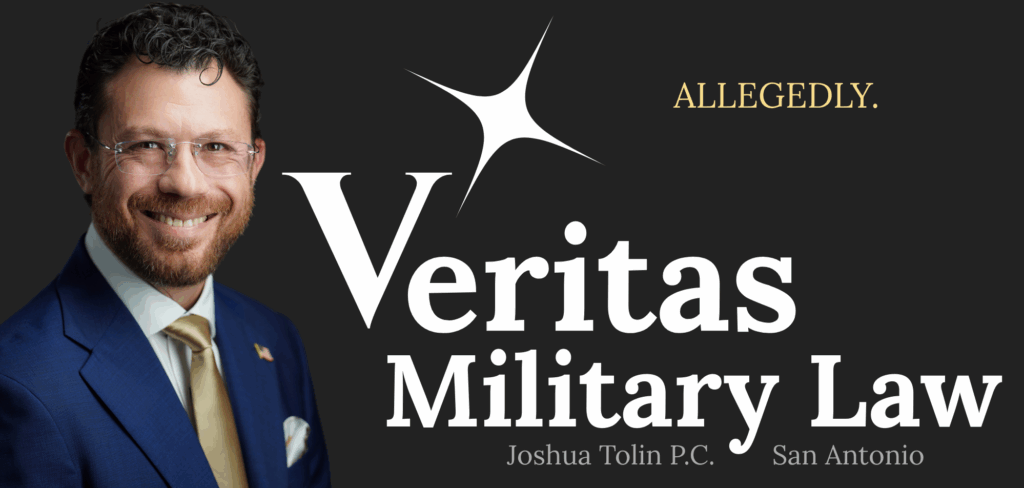
The UCMJ does not itself differentiate between felonies and misdemeanors, though several laws and regulations applying how they work generally mean that a special court-martial conviction can only be considered a misdemeanor (subject to more than one year of confinement), whereas a general court-martial is the equivalent of a felony (for any crimes subject of more than one year of confinement).
If a case is referred to a special court-martial, trial can be held three days after the person accused of the crime is served with referral. Referral is when the court-martial convening authority orders a court-martial to happen. Usually special courts-martial don’t happen that fast, but if the legal office prosecuting the case has its stuff together, your trial could happen within the month.
If the case is not being referred to a special court-martial, then the convening authority will order a preliminary hearing under Article 32, UCMJ. This hearing is often called an “Article 32” or “32.” At the prelminary hearing, a “nuetral” JAG serves as the preliminary hearing officer (PHO) (which used to be called the investigating officer, or “IO”). That preliminary hearing officer generally answers only four questions: 1. whether each specification alleges an offense; 2. whether there is probable cause to believe the accused committed the offense(s) charged; 3. whether the convening authority has court-martial jurisdiction over the offense and the accused; and 4. the officer’s recommendation as to the disposition that should be made of the case. The preliminary hearing normally takes place in the courtroom, and the PHO sets the required uniform. An accused usually has a military counsel present in person and it’s often in the client’s best interest to allow their civilian counsel to appear remotely in order to keep costs down, but each set of circumstances is unique.
Based on many changes over the years, an experienced military defense counsel will look closely at the charges and potential evidence and may even recommend waiving the preliminary hearing. Be wary of counsel who practice in absolutes, though, like “I never take a case to a preliminary hearing” or “I never show the prosecution my cards at a 32.” Veritas Military Law has successfully stopped serious charges from getting referred to a general court-martial by taking a deep dive into the evidence at the outset.
After the preliminary hearing, the PHO provides the convening authority with a report and a non-binding recommendation about the case. From there, the case could end in no action, administrative action, referral to a lower-level special court-martial, or referral to a general court-martial.
Once referred to a general court-martial, the quickest a trial can happen is five days after the convening authority has ordered the case to trial and the accused is served with the paperwork, though normally trial is set for no sooner than a month or two, and with complex cases, several months later. Again, experienced defense counsel will not have absolutes, like, “I always push for the latest possible trial,” “I always ask for continuances,” or “Continuances are bad for business.” Experienced defense counsel will advise based on the specific facts of each specific case and what makes sense there–not some general rule of thumb.
More Sample Court-Martial Successes
How Many Times Do You Go to Court?
It depends. Once trial dates are docketed, there are an arraignment, motions hearing, and trial. In the simplest cases, those might all happen at the same. In general courts-martial, those usually happen at least two different times, and sometimes more. Experienced defense counsel will consider the specific facts of the case, the potential defenses, and the best strategy for setting each stage, whether that’s to catch the prosecution off guard and go straight into trial, tease the case out, or something in between. Regardless, an experienced defense counsel will be explaining the strategy to the client.
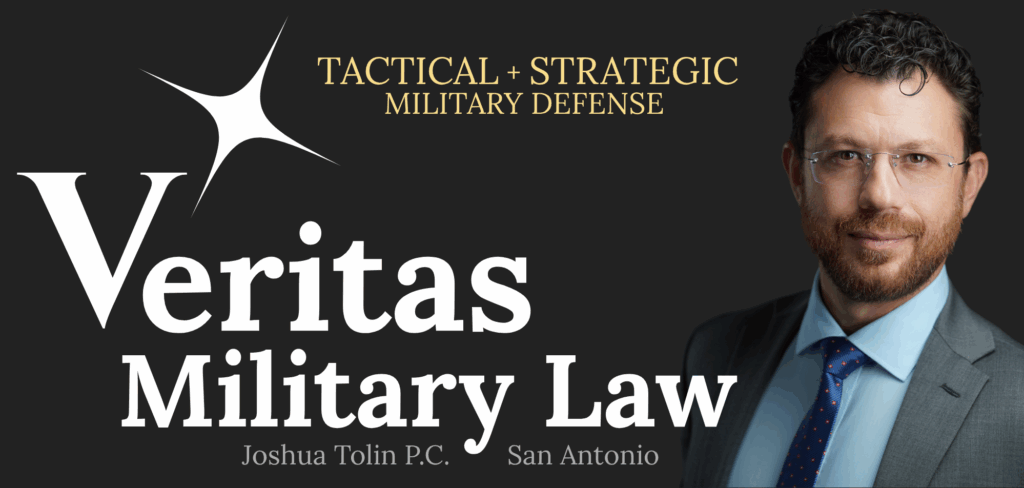
Building the Best Defense Team for Your Court-Martial
The military prosecutes many more cases than their civilian counterparts. Just because you or your loved one volunteered to serve this country, the servicemember’s liberty and livelihood can be placed at risk just by a mere allegation of wrongdoing.
You or your loved one is not alone. When an allegation is raised, you need a whole team–not just a single lawyer. Joshua Tolin excels at putting together top-notch teams to defend courts-martial. If you received a less-than-desirable military counsel, Veritas Military Law can work with you to exercise your right to an Individual Military Defense Counsel (IMDC or IMC) and will work tirelessly to get you the court-martial experts you need and the law requires. Over his many years in military justice, Joshua Tolin has worked with and against the best experts in the field, and leading the full team of lawyers, paralegals, investigators, and experts is where he excels. Some of these experts have seen thousands of defense counsel over decades of courts-martial and can tell you which defense counsel rise to the top. Check out the real-world testimonials of Veritas Military Law, to see what clients and experts have to say about Joshua Tolin leading your team.
